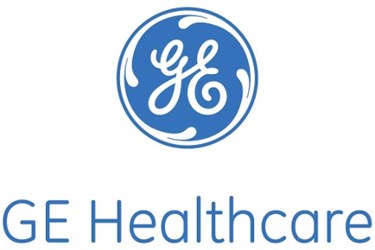GE Beats Q1 Forecasts On Strength Of Double-Digit Growth In Healthcare Equipment

GE continues to report “solid” performance for its healthcare sector, despite what CEO Jeffrey Immelt called “slow growth in a volatile environment” and challenges in other segments. GE reported double-digit growth in both its healthcare equipment and life science units, as well as strong growth in global healthcare markets — such as China and Latin America — that offset slowdown in the U.S., which Immelt attributed to “uncertainty” surrounding healthcare reform.
Overall, GE Healthcare reported three percent revenue growth for Q1, and eight percent growth in orders totaling $4.5 billion, according to a company earnings call. China surged, with a stunning 28 percent growth in orders. Double-digit growth in both Latin America and the Middle East offset more modest growth in the U.S. and European markets, 2 and 5 percent, respectively.
Earlier this year, GE CFO Jeff Borenstein told investors in a call that uncertainty over U.S. healthcare reform with a new White House administration could slow growth in the U.S. market. If Republican leadership successfully appeals the Affordable Care Act (ACA), cuts to hospital budgets would affect orders, said Immelt, who noted some caution should be expected.
Despite what caution might exist, the Q1 report noted 13 percent growth in U.S. healthcare imaging orders, which Immelt attributed to “excellent new products.” Healthcare equipment grew by 10 percent and Life Sciences by 15 percent.
GE Healthcare is “focused on driving more competitors and sourcing, increasing the number of building factories and over 300 cost-out engineers,” said Borenstein during the earnings call. “Despite some uncertainty in the shorter cycle, we believe the broad healthcare market supports our view of low to mid-single digit revenue growth for the year.”
GE, which recently received a substantial investment from activist investor Nelson Peltz, is under pressure to cut costs and refocus attention on its industrial unit, reported The New York Times. Part of Immelt’s strategy moving forward is to “recast” the company as a more digital company.
Last January, the company shifted its healthcare headquarters from the U.K. to Chicago, citing the Midwestern city’s robust academic and healthcare environment. Healthcare CEO John Flannery noted that the U.S. was the company’s largest market for digital information and information technology.
GE’s recent partnership with the Feinstein Institute to co-develop bioelectronic devices for chronic disease, as well as the company’s acquisition of Monica Healthcare’s fetal monitoring system, highlight the company’s efforts to diversify in innovative technology, according to senior leadership.
GE noted in the press release that its healthcare segment recently invested $40 million into a capacity expansion at an MR production plant in South Carolina, and has won a $40 million contract to supply multi-modal equipment and solutions to Hainan Tumor Hospital in China.
